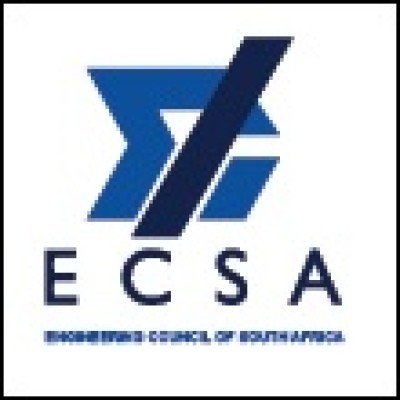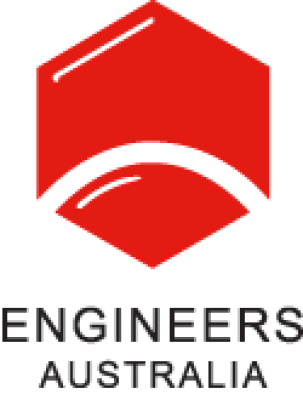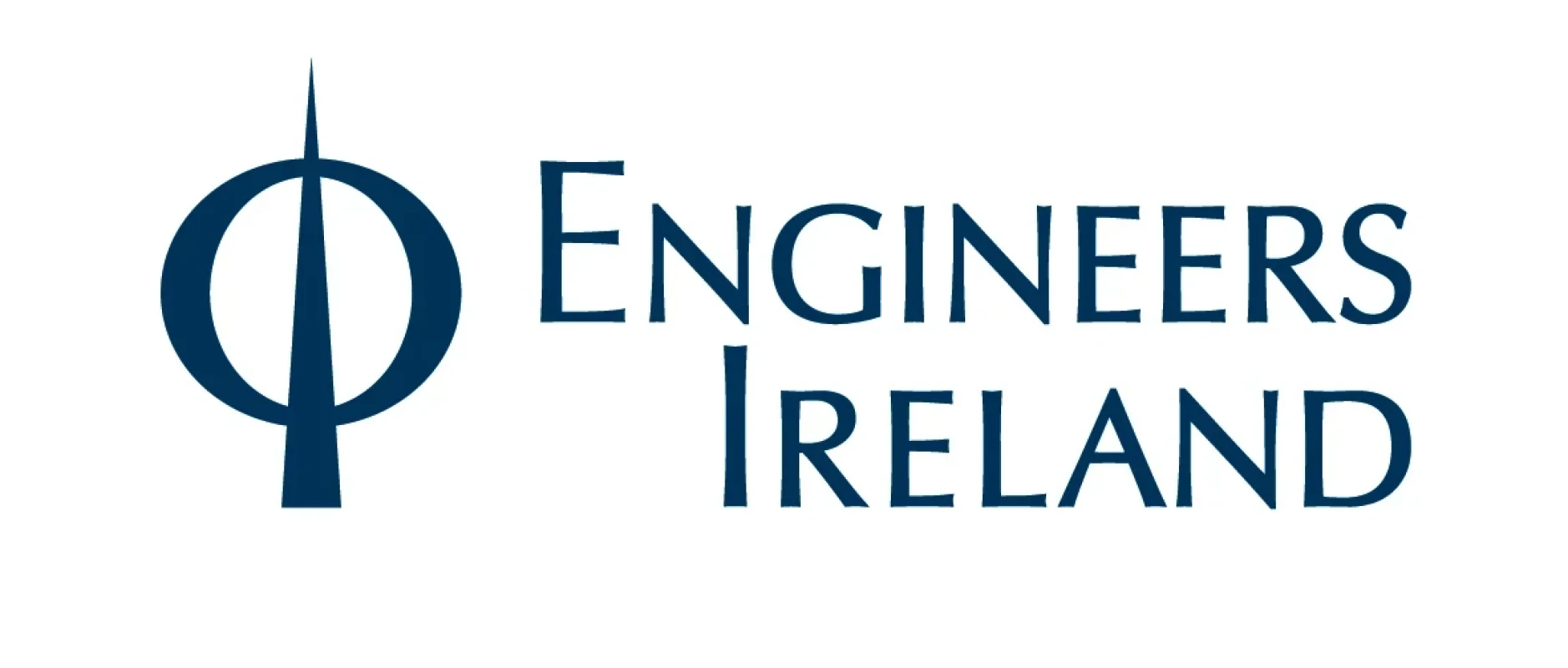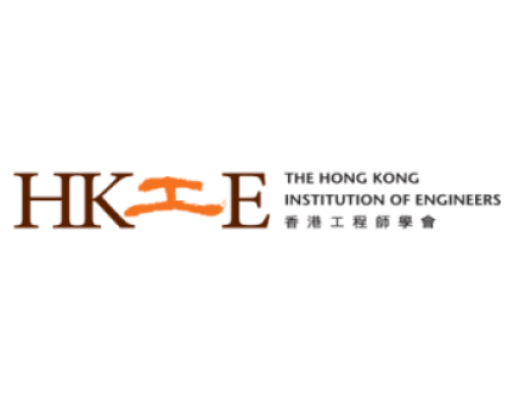The International Engineering Technologists' Agreement establishes a framework for the mutual recognition of professional competency requirements for engineering technologists, ensuring substantial equivalency across participating jurisdictions.
Overview
Through the International Engineering Technologists Agreement (IETA), members aim to make it easier for experienced engineering technologists to work across borders. They do this by creating a framework that relies on trust in national assessment systems.
These systems are continuously reviewed to make sure they meet the standards set by the agreement each country to recognise the professional competence and status of experienced engineering technologists from other countries. This recognition depends on their qualifications and eligibility for independent work on their home country.
For this recognition to work, the responsible bodies in both countries must agree on the procedures and criteria used to assess competence. They should also make it simpler for recognised technologists to get permission to work in their country.
Members of the agreement will work to encourage organisations in their countries to use the International Register as a basis for simplifying the application process for technologists from other countries.

The International Engineering Technologists Agreement sets the global benchmark of competence for engineering professionals who are responsible for developing, implementing and managing technologies across all sectors of our economies.
Former Chair IETA
The Professional Competence Profile
The IETA Professional Competence Profile establishes competency benchmarks for engineering technologists qualified for independent practice, utilising rigorous standards to ensure global consistency across participating jurisdictions.
Comprehend and Apply Universal Knowledge
Comprehend and apply the knowledge embodied in widely accepted and applied procedures, processes, systems or methodologies
Comprehend and Apply Local Knowledge
Comprehend and apply the knowledge embodied procedures, processes, systems or methodologies that is specific to the jurisdiction of practice
Problem Analysis
Identify, clarify, and analyse broadly-defined problems using the support of computing and information technologies where applicable
Design and Development of Solutions
Design or develop solutions to broadly-defined problems considering a variety of perspectives.
Evaluation
Evaluate the outcomes and impacts of broadly defined activities
Protection of Society
Recognise the foreseeable economic, social, and environmental effects of broadly defined activities and seek to achieve sustainable outcomes
Legal, Regulatory, and Cultural
Meet all legal, regulatory, and cultural requirements and protect public health and safety in the course of all activities
Ethics
Conduct activities ethically
Manage Engineering Activities
Manage part or all of one or more broadly-defined activities
Communication and Collaboration
Communicate and collaborate using multiple media clearly and inclusively with a broad range of stakeholders in the course of all activities.
Continuing Professional Development and Lifelong Learning
Undertake CPD activities to maintain and extend competences and enhance the ability to adapt to emerging technologies and the ever-changing nature of work.
Judgement
Choose appropriate technologies to deal with broadly defined problems. Exercise sound judgement in the course of all broadly-defined activities
Responsibility for Decisions
Be responsible for making decisions on part or all of one or more broadly defined activities
Authorised Members (8)
The Authorised Members of the IETA represent organisations that operate national sections of the International Engineering Technologist register worldwide.
Executive Committee
The IETA Executive Committee is led by representatives from member jurisdictions who guide the development and maintenance of the International Engineering Technologist register and its associated standards and procedures.
It provides strategic leadership and oversight, coordination activities among members and ensuring consistent implementation of agreement standards and policies worldwide.
Ir Prof Pak-Leung Yuen
Chair - International Engineering Technologist Agreement
Mr Jonathan Hursthouse
Deputy Chair - International Engineering Technologist Agreement









